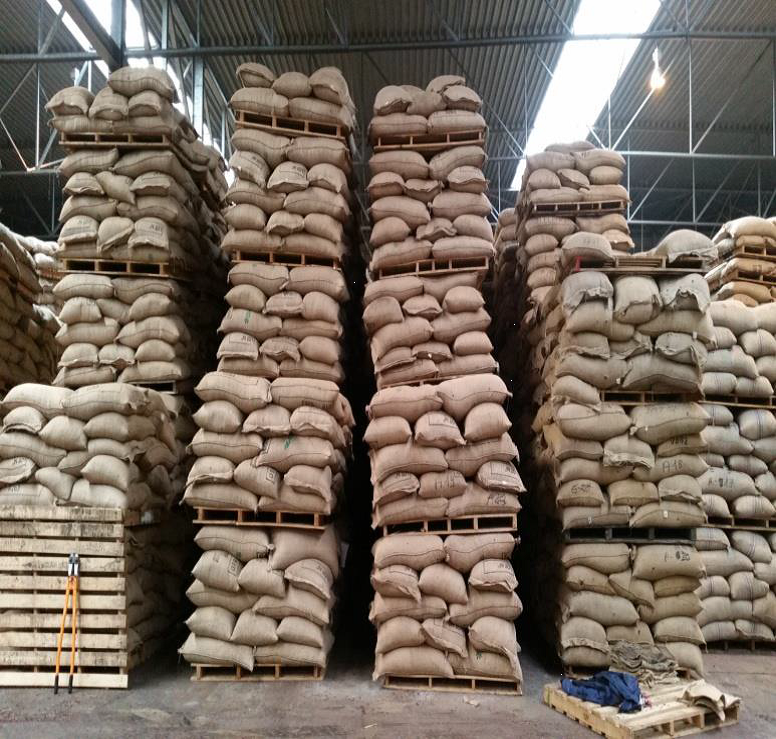The logistics firm is calling on the International Cocoa Organization (ICCO) to amend its shipping recommendations to prevent huge losses during shipping from a decades-old method using jute bags within general purpose containers.
It claims the current transportation means lead to losses through water damage and contamination and hopes to explore alternatives.
Retro shipping
“We’re still doing the same thing we did in the Seventies,” said Bert-Louw Versfeld at last month’s Asia Choco Cocoa Congress in Singapore.
He said losses during shipping were a big reason why up to 30% of cacao beans harvested were not processed into a final product.
Jute bags can be exposed to weather conditions during shipping and petroleum residues that can lead to cocoa spoilage. Moisture from within the cocoa can also be transferred to bags causing potential damage to the commodity.
Of 150,400 bags of cocoa shipped to Antwerp in 2009/10, 47.5% were damaged, according to ELJSM.
The situation has since improved, but still in 2013/14, 4.9% of bags shipped to Antwerp were damaged at a cost of €90,600 and Stopak warned losses would be higher this cocoa year.

Versfeld added that some damaged cocoa could be recovered but there was no set standard on who pays for the recovery.
The Stopak product manager said risk management was the current solution to avoid spoilage by lining containers with corrugated board, but he said the cardboard was not a uniform moisture barrier and warned corrugated board hydrophilic could even contaminate cocoa when wet. To ensure each container is dressed effectively costs $75,000, he added.
Alternative methods
Versfeld said many alternatives to the jute bag system had been trialled, but were usually ditched soon after. The ICCO’s cocoa guidelines – which recommend cocoa is shipped in jute bags – present a barrier, he said.
Stopak was present at the Asia Choco Congress to urge the industry to change shipping guidelines and explore alternative methods.
Versfeld said his company were looking at several options such as modified atmosphere packaging and a ventilation kit with breathable material that includes a water trap. But its projects are still in development and Versfeld said Stopak was open to discussions with potential investors.
